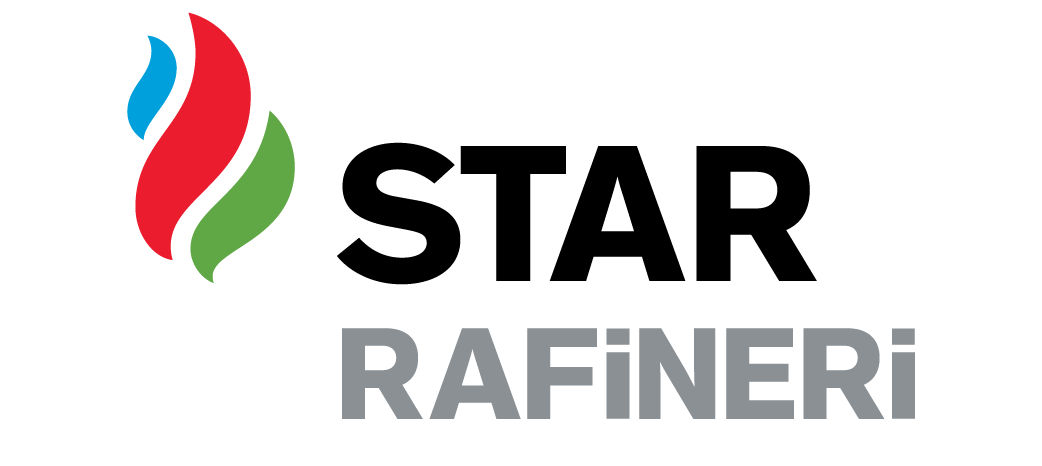Technology as a key to sustainable development is at the core of our business strategy. While continuously enhancing our well-established R&D culture, we invest in digital applications that improve our processes. In 2021, we became the first and only refinery in the world to be part of the WEF's Global Lighthouse Network.
Global Competence in Digitalization
We demonstrate the standards we have achieved in terms of digital transformation worldwide. In 2021, we were selected for the Global Lighthouse Network, which includes the facilities that best use Industry 4.0 applications in production. As a result of our accomplishment, we are the world's first and only refinery to be named one of the "most digital companies in the world," as decided annually by the World Economic Forum.
We continue to pursue digitization efforts that increase production efficiency and integrity. We incorporate many digital technologies, particularly Industry 4.0, in our business. We optimize our operations by reducing costs, energy savings, and operational flexibility and ensuring that malfunctions are quickly detected with the SmartSignal application.
Efficiency Through Integration
We are conducting extensive infrastructure works with PETKİM integration. We extend our technology structure to provide flexibility in the production of raw materials.
We convert low-value products emerging at PETKİM facilities into higher-value products. One example is the conversion of heavy naphtha from the Petkim Aromatics Factory into jet fuel at STAR Refinery. An overall financial benefit is achieved through joint purchases and uses.
Our company's energy security is strengthened through the PETKİM power transmission line. Moreover, thanks to the HS line of the PETKİM power station, numerous breakdowns in the refinery are avoided with the steam stream.
Environmentally Friendly R&D Projects
We invest in R&D for environmental sustainability. We are developing innovative projects on many topics that will inspire the industry, particularly energy efficiency.
With the "Recovery of the Steam Discharged into the Atmosphere in the Sulfur Production Unit" Project, we ensure that 34 tons of LP steam per hour is fed to the HP nozzle. The superheated steam thrown into the atmosphere within the project's scope is restored to the steam balance of the refinery. It is predicted that the project will reduce 50 thousand tons of CO2 emissions annually.
We develop innovative methods for reducing energy consumption in our operations. Among these, “Operating the Air Compressor in No-Load Mode in the Air Generating Unit” is crucial. With this application, which began in 2021, we saved 5,154 MW of energy by switching the electric compressor operating in the instrument air production area to no-load mode. In this way, we have successfully reduced CO2 emissions by 4000 tons.
We optimized the hydrogen production unit with the “Hydrogen Balance Optimization” Project. We prevented the losses due to hydrogen burning. In addition, we ensured the continuous monitoring of the hydrogen sent to the fuel gas CCR (Continuous Catalyst Regeneration) unit feed. In 2021, we saved 942 tons of hydrogen and 6 thousand tons of CO2 emissions within the scope of the project.
The "Minimizing the Amount of Heating Vapor" Project, which we carried out in the HCU unit, is one of the works in which we achieved high efficiency. During the hydrogen cracking process, the steam turbine pump must remain hot in the standby position, resulting in high steam consumption. However, thanks to this project, we reduced the amount of steam consumed and saved eight tons/h of steam in total.
Robotic Process Automation
We optimize our infrastructure using Robotic Process Automation (RPA) technology. Thanks to the digital assistants we have put into operation, we have reduced operational burdens and ensured efficient time management. Another step of automation processes is training programs. With the "Citizen Developer" pilot program, we train our employees to create solutions for their RPA needs while empowering them to create digital assistants. In the upcoming period, we aim to develop the pilot program further and expand it within the company.
“Best Available Techniques”
STAR Refinery was established with 'Best Available Techniques,' which means the most advanced technologies in the engineering design phase and the way these technologies are applied.
